Our Montessori Bookshelf: Mathematical Thinking
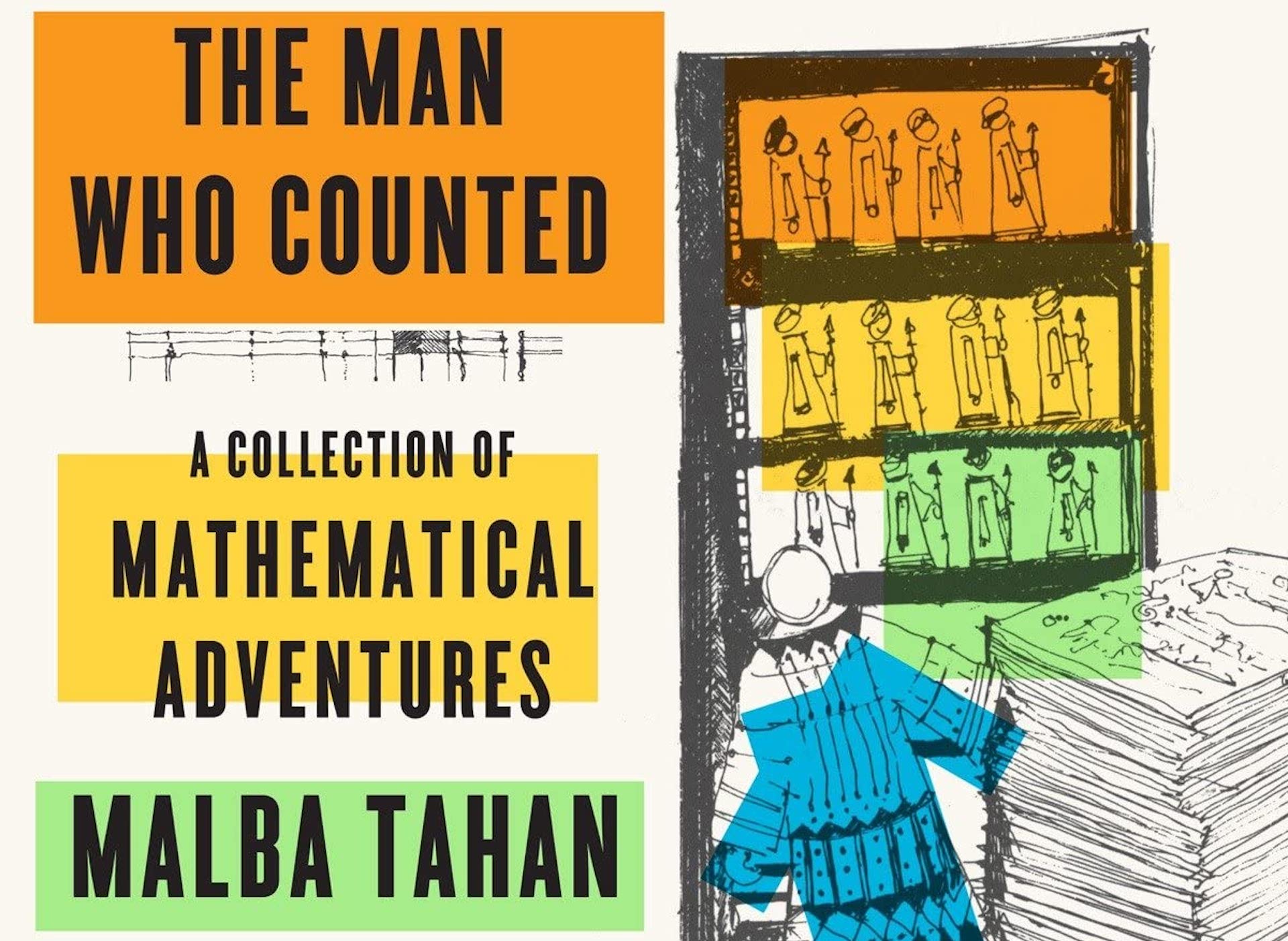
As humans, we are predisposed toward order, exactness, and precision. With this tendency to abstract and imagine, we could be said to have a mathematical mind. Children, young and old alike, are drawn to numbers and mathematical ideas.
For thousands of years, math has been a part of the human search for meaning. We have long tried to quantify our natural world. From carbon dating artifacts to analyzing voting trends in politics, from understanding traffic patterns to examining climate change, math continues to be an integral part of our search for understanding.
Learning to think in mathematical terms is an essential part of becoming a person adapted to our time and place. Math is such an integral part of our lives and we feel that it’s vital to ensure our children are not only in touch with mathematics but also captured by the beauty and wonder of math in our world.
With this in mind, we pulled some of our favorite books that promote mathematical thinking for young children through early adolescence.
Counting Is for the Birds
by Frank Mazzola Jr.
https://www.goodreads.com/book/show/2850143-counting-is-for-the-birds
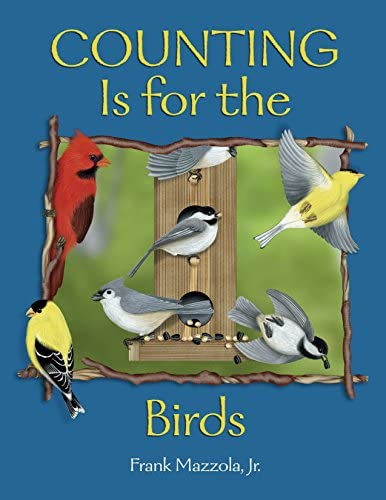
Written in rhyme, this picture book can be used in different ways with young children. Some may just enjoy the story and illustrations, others can clue into the counting aspect of the book, and older children might explore the ornithological details provided on each page. This is the kind of book that you can revisit again and again with your children!
4,962,571
by Trevor Eissler, Ruth Chung, Bobby George, June George
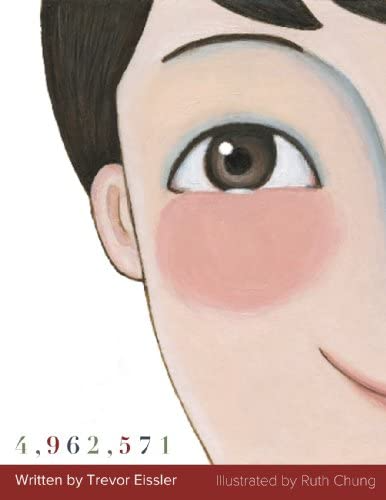
Written by a former Montessori parent, this picture book is a lovely introduction to and extension of the concept of place value. A young boy wants to see how high he can count, so he figures out ways to create groups of numbers so he can count to four million, nine hundred sixty-two thousand, five hundred seventy-one (and beyond!). Plus, anyone who has been in Montessori will appreciate the color coding of the numbers in the title!
How Much, How Many, How Far, How Heavy, How Long, How Tall Is 1000?
by Helen Nolan, illustrated by Tracy Walker

Children at the end of their primary years or those who have recently transitioned into elementary will definitely appreciate this exploration of the quantity of 1,000. Full of thought-provoking questions, this picture book takes readers on a journey through how a 1,000 can be represented in so many different ways – and how that can change our impression of the size of the number.
One Grain of Rice: A Mathematical Folktale
by Demi
https://www.goodreads.com/book/show/417181.One_Grain_of_Rice
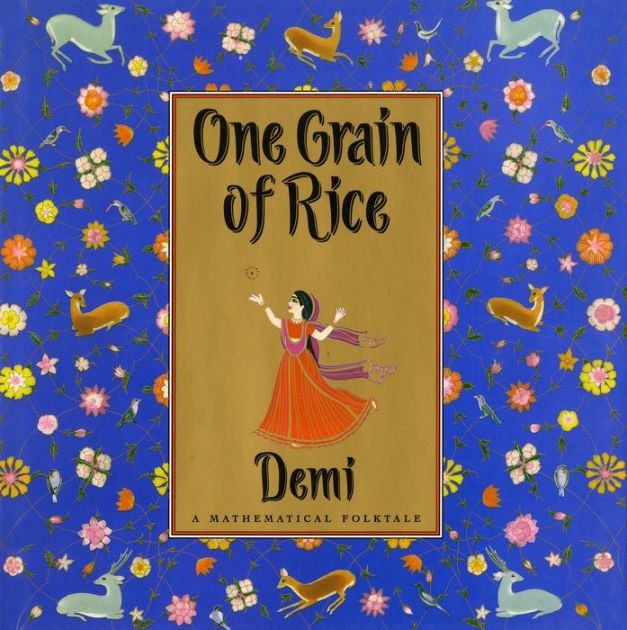
This stunningly illustrated picture book provides both a moral tale and an example of the exponential power of multiplying by two. After a raja in India has hoarded rice for his own benefit, a young girl returns some spilled rice to him and as a reward requests only one grain of rice, as long as the raja doubles what he gave her the day before over the course of 30 days. By the end, she has more than enough rice to share with all the starving villagers, as well as the goodwill to support the raja in continued kindness.
Anno's Mysterious Multiplying Jar
by Masaichiro Anno, Mitsumasa Anno
https://www.goodreads.com/book/show/596697.Anno_s_Mysterious_Multiplying_Jar
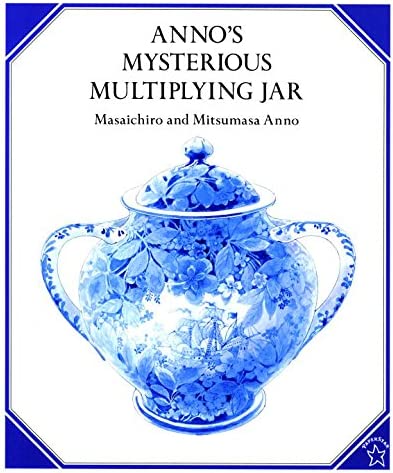
For those who love Anno’s Journey, this is a must-read, but this time the illustrations and text take the reader on a mathematical journey through factorials. Then to show what happened mathematically, the Annos (father and son) illustrate the multiplication in a graphic way that fits so well with what children experience with the Montessori math materials.
Mathematicians Are People, Too: Stories from the Lives of Great Mathematicians, Volumes 1 & 2
by Luetta Reimer, Wilbert Reimer
https://www.goodreads.com/en/book/show/1629218.Mathematicians_Are_People_Too
https://www.goodreads.com/en/book/show/443990.Mathematicians_are_People_Too
This collection of short stories dramatizes conversations and lives of mathematicians throughout history and can easily capture the imagination of elementary-aged children who love the power of a good story. The stories can stand alone or be jumping-off points for further mathematical or historical investigations. We love the glossary at the end, the short biography at the start of every story, and the fact that female mathematicians are fairly well represented in these two volumes.
The Number Devil: A Mathematical Adventure
by Hans Magnus Enzensberger, illustrated by Rotraut Susanne Berner, translated by Michael Henry Heim
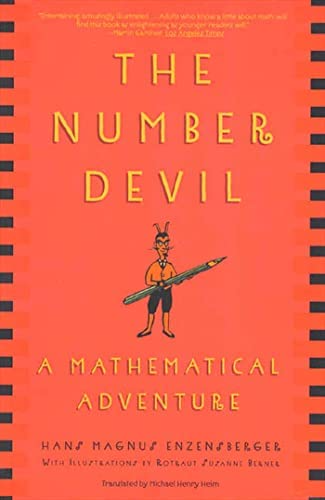
This is the perfect book for older elementary-aged children who aren’t quite sure they want to still love math. A boy meets a number devil in his dreams who leads an exploration of all sorts of fascinating aspects of numbers. The wildly fun and irreverent approach (led by the devil) makes even complicated math feel accessible. The whimsical illustrations certainly help, too! And for those wanting to go back and reference helpful information, there is a “Seek-and-Ye-Shall-Find List” (aka index) at the end of the book.
Doodle Yourself Smart . . . Math
by Helen Greaves, Simon Greaves
https://www.goodreads.com/en/book/show/13235749-doodle-yourself-smart-math
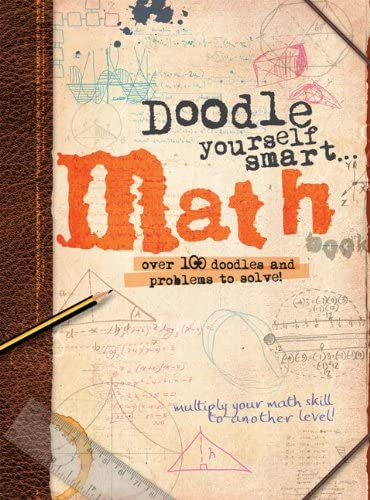
For elementary children and adolescents who like to play around with mathematical thinking, this is a fun activity-style book that appeals to mathematicians and artists alike. Each page offers beautiful space for playing around with the problems (and yes, there are answers in the back for those who just need to know if they got it right!).
The Man Who Counted: A Collection of Mathematical Adventures
by Malba Tahan
https://www.goodreads.com/book/show/1160800.The_Man_Who_Counted
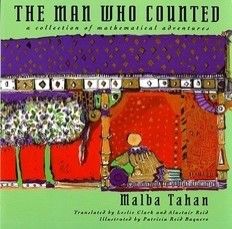
Those who like a good mathematical challenge, combined with a taste of the adventure that comes with travel, will love this series of chapters that form a bit of a novel. Each chapter of this book can stand alone or work as a cohesive whole as the narrator and the “man who counted” move through the Middle East. They encounter a slew of social problems that are solved with a sophisticated level of number sense that feels both mystical and matter-of-fact.
Click here for a downloadable PDF of this booklist! As always you are also welcome to come visit the school and see how we support mathematical thinking for all ages.








